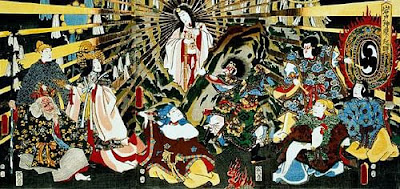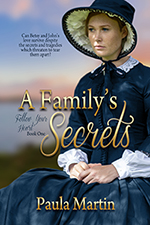 |
| amazon - B&N - Smashwords - Kobo |
“Any sufficiently advanced
technology is indistinguishable from magic.” Arthur C. Clarke
 |
| amazon - B&N - Smashwords - Kobo |
All science fiction authors struggle to make their stories believable, because most of us only believe what we can explain and understand. Anything else is considered fantasy. And while we witness unexplained feats of magic and fantasy each day, like UAP (Unexplained Aerial Phenomena), ghosts, premonitory dreams, out of body or transcendental experiences, fiction writers are held to more stringent rules. Unlike reality, our stories have to make sense in the physical world.
Readers often tell me I have a
fertile imagination, but to imagine the future, you only have to study the
so-called mythology of many Earth cultures.
 |
| Lord Shiva claimed to be from another planet and traveled through the air on a vessel surrounded by flames |
Ancient civilizations worshipped gods who came come from the sky (heavens) in chariots of fire that rumbled like thunder. They were said to possess magical powers, like the power of flight, infinite knowledge, and incredible powers of destruction… powers we now understand as advanced technology.
They lived in magical cities in the
sky, cities we would now call motherships, and they flew down in smaller crafts
they called Vimanas. They also waged violent wars in the sky, with terrible
repercussions for our planet.
Shiva (the destroyer of worlds) wielded weapons that could destroy entire planets and fiery arrows that never missed the target.
The Shiva Lingam found in a multitude of temples, and long discarded
as a fertility symbol, was recently recognized as an accurate representation of
a nuclear cooling tower. Lingering radioactivity in ancient ruins and bones,
along with vitrification of the stone (that only happens with the kind of heat
produced by a nuclear explosion), and ancient manuscripts describing epic
battles of the gods with such weapons in the same area, support the fact that a
nuclear event must have happened around that time… several millennia ago.
In the subcontinent of India, these powerful
beings, who visited Earth and lived among men in the faraway past, were not
human. They had blue skin, several pairs of arms, sometimes a third eye, monkey
heads, elephant head, or snake bodies, and claimed to have come from other planets. To the
people of India, they were not mythical or gods, but flesh and blood beings
from another place. The epic adventures depicted in the Vedas, the Bhagavad
Gita, and the Mahabharata are not considered mythology but true ancient history
and taught in schools as such.
But this phenomenon of alien visitors perceived as gods is not particular to India.
In the Buddhist world, the stone
stupa inside which the statue of buddha resides represents some kind of
transport craft to take him to the “cities in the sky.” Spaceships?
In China, the first emperor
descended from the sky on a flaming dragon and claimed to come from space. To
this day, the dragon is the symbol of China.
In my science fiction stories, my characters travel the galaxy, discovering new planets and cultures, or they are planet bound, visited by more advanced aliens.
 |
| amazon - B&N - Smashwords - Kobo |
Vijaya Schartz, author




















.jpg)

.jpg)












